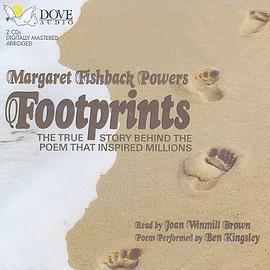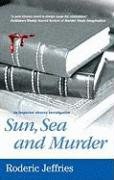

具体描述
This book brings together important material from a range of sources and highlights how government organisations, musicians, academics and commercial companies are concerned with and seek to use a particular notion of Irish musical identity. Rooting the study in the context of the recent history of popular, traditional and classical music in Ireland, as well as providing an overview of aspects of the national field of music production and consumption, O'Flynn goes on to argue that the relationship between Irish identity and Irish music emerges as a contested site of meaning. His analysis exposes the negotiation and articulation of civic, ethnic and economic ideas within a shifting hegemony of national-musical culture, and finds inconsistencies between and among symbolic constructions of Irish music and observed patterns in the domestic field.More specifically, O'Flynn illustrates how settings, genres, social groups and values can influence individual identifications or negations of Irishness in music. While the apprehension of intra-musical elements leads to perceptions of music that sounds Irish, style and authenticity emerge as critical articulatory principles in the identification of music that feels Irish. The celebratory and homogenising discourse associated with the international success of some Irish musical forms is not reflected in the opinions of the people interviewed by O'Flynn; at the same time, an insider/outsider dialectic of national identity is found in various forms of discourse about Irish music. Performers and composers discussed include Bill Whelan (Riverdance), Sinead O'Connor, The Corrs, Altan, U2, Martin Hayes, Dolores Keane and Gerald Barry.
作者简介
目录信息
读后感
评分
评分
评分
评分
用户评价
相关图书
本站所有内容均为互联网搜索引擎提供的公开搜索信息,本站不存储任何数据与内容,任何内容与数据均与本站无关,如有需要请联系相关搜索引擎包括但不限于百度,google,bing,sogou 等
© 2026 book.wenda123.org All Rights Reserved. 图书目录大全 版权所有




















